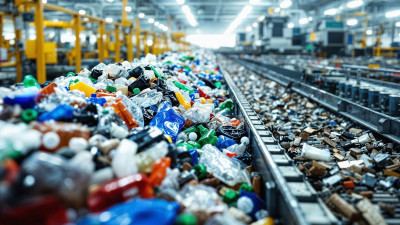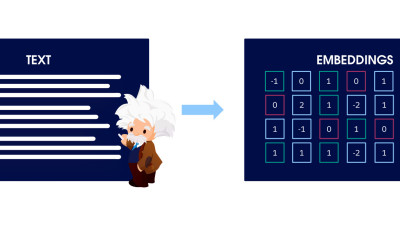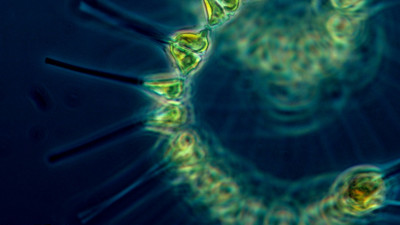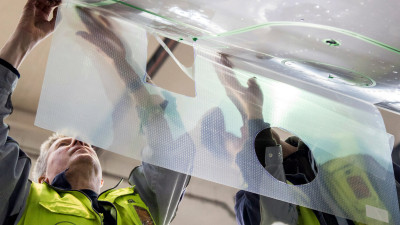A new cloud-based platform for supply chain management promises to enhance transparency and help producers transition to circular models, starting with the apparel industry. In collaboration with software provider Improvement IT, Netherlands-based Dutch Awearness has launched an online software tool called the Circular Content Management System (CCMS) to help track and trace garments and their materials.
New Track and Trace Tool Enables Transparent, Circular Supply Chains
A new cloud-based platform for supply chain management promises to enhance transparency and help producers transition to circular models, starting with the apparel industry. In collaboration with software provider Improvement IT, Netherlands-based Dutch Awearness has launched an online software tool called the Circular Content Management System (CCMS) to help track and trace garments and their materials.
The initiative leverages Dutch Awearness’ experience in both textile manufacturing and supply chain management; Dutch Awearness produces 100 percent recycled polyester fabric and oversees each stage of its production to ensure closed-loop manufacturing processes. The organization has been using barcodes to ensure full traceability of raw materials and products through a web-based track and trace system for some time, but has only recently made it available for other producers to use.
The CCMS allows producers to monitor every step in the production process and check the current location of a certain material or product. Every company that uses the cloud platform has to record data about their supply chain and product, which may include the suppliers, processes, energy, modes of transport, and materials they use, as well as the finished products they make and/or information about take back and re-use options. Producers can use their usual batch or lot numbers and production records to enter this data, and instantly send it to their chain director through CCMS.
At each step of the chain, a new batch code is created and is associated with the previous code in the series. CCMS links these together to form the product history. Once the product is complete, a QR code is generated and is placed on the product. CCMS was initially designed for garments.
Consumers can scan the QR code in a garment to see all the chain partners and materials used in the chain, relevant certifications, the product’s environmental impact, and a Google map of the item’s route.
As Dutch Awearness points out, “In order to reuse a product in the circular economy in the future, we need to know how it is made today.”
The organization believes that keeping track of materials will help improve recycling rates and aid other producers transition to circular models for their products.
Dutch Awearness is the leading partner in the EcoProFabrics project, which aims to produce 100 percent recyclable garments and closed-loop supply chains as part of the European Commission’s Eco-Innovation programme. For its work, Dutch Awearness has received recognition as one of Sustainia’s Top 100 Solutions for 2015 and as an entrepreneurship category finalist in The Circular Economy Awards last year.








